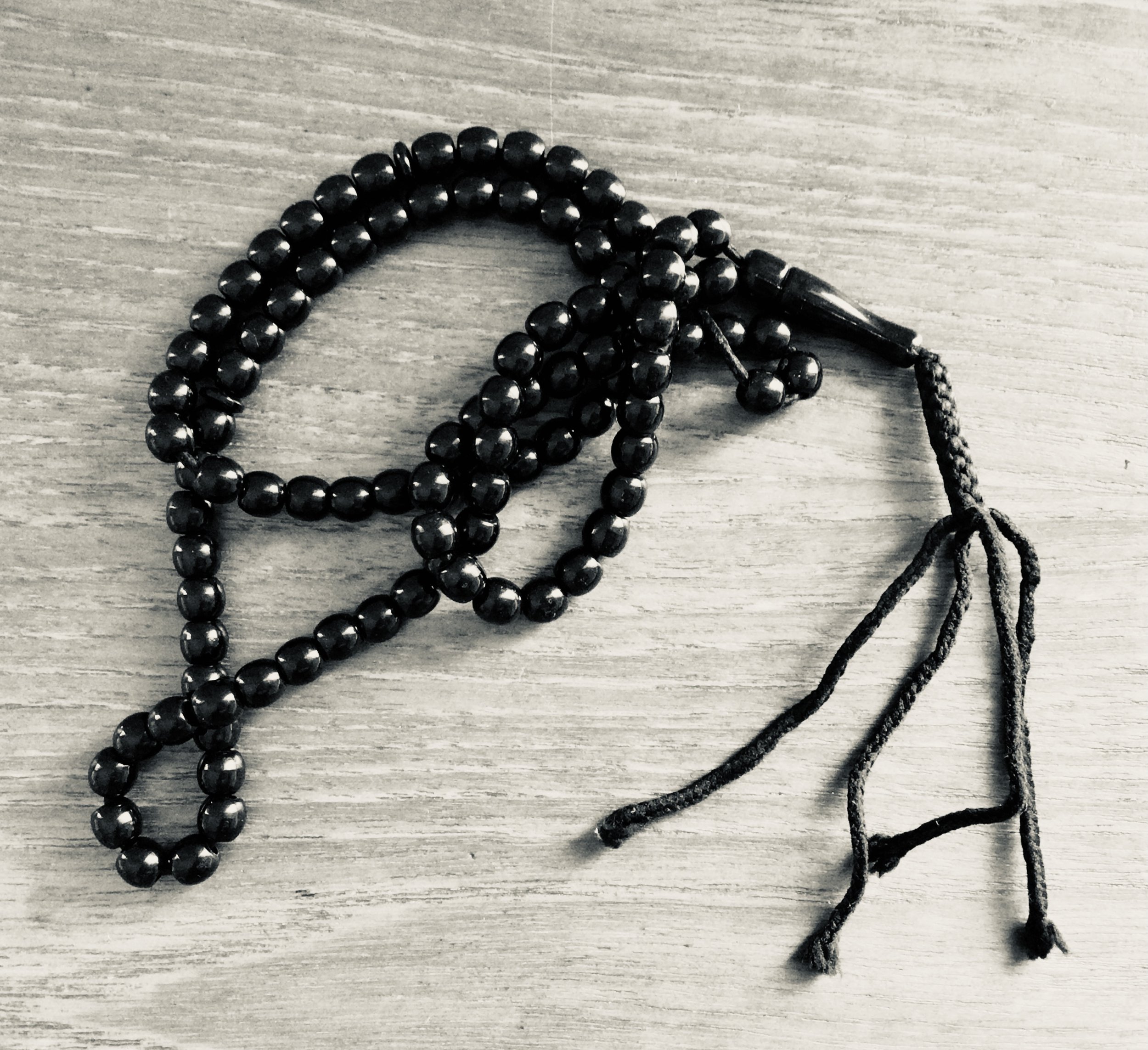Lessons in trauma
The path from journalism to therapy taught me psychological trauma has many causes
Twenty years ago, on a street in Baghdad, a fixer named Bassem handed me a set of prayer beads. I was working in television at the time and I had travelled with a production team to Baghdad for an interview with Saddam Hussein’s deputy, Tariq Aziz. The US-led invasion of Iraq was just weeks away and Aziz told the programme’s presenter that Iraq possessed no weapons of mass destruction. This was my first foreign trip as a TV producer and Bassem had supported our crew during several days of filming. With the interview completed, we were saying our thanks to him when he gave me the prayer beads as a parting gift.
I thought of Bassem many times in the months that followed, watching the news from Iraq. I was back at my desk in London but I was restless, and I was drawn to conflict. I wanted to find a way to live and work in the Middle East. A friend at the BBC World Service explained that I could set myself up as a freelance reporter in a place that no one else was covering and she encouraged me to believe that I could do it. I consulted a map and considered the options. I chose Yemen.
That’s how I bought a plane ticket to Sana’a and set the course for the next ten years of my life. I gradually moved from journalism to foreign policy, providing Yemen analysis for the Royal Institute for International Affairs (Chatham House) and the United Nations. I documented elite corruption, terrorism, the 2011 uprising, the fall of president Ali Abdullah Saleh and much of what followed. There were times when I found myself running around at full tilt: briefing diplomats, talking to the media, writing reports and articles, chairing workshops, presenting my arguments at conferences. I was stepping up, leaning in and speaking out. Working closely with my colleagues at Chatham House and other partners, we were also supporting emerging Yemeni voices.
I loved my work and I was sustained by a feeling of affinity with Yemeni friends as well as Western colleagues who were, like me, touched by their experiences in the country. However, I was also living on adrenalin. As the years went by, I began to see there was a cost to my success. I had become a recognised expert in my field but in doing so I had put professional achievements at the centre of my life. I was slow to admit I was losing faith in what I was doing.
Throughout these years, I was careful to couch any critique of authority - whether it be east or west - in sober, acceptable terms. I was moving in a world where access depends on trust and the tone in which you speak can be just as important as the words that you utter. From 2012 onwards, I saw those of us expressing concerns that Yemen’s ‘Arab Spring’ transition would fail, and that a future humanitarian crisis was looming, were being ignored or dismissed. Perhaps there was an element of hubris in thinking I could influence policy making for the better but we choose this kind of work because we want to have an impact and it was a struggle to manage the tension that I felt, even more so after the start of the Saudi-led bombardment of Yemen in 2015.
I found it hard to allow my despair and I needed to talk to someone about what was going on inside me. I turned to a therapist who helped me to understand my confusion. I realised that I was driven in my work by a sense of injustice that had its roots in the circumstances of my early life experience. I needed to face my personal history and I could not do that alone. I was looking for a guide and a companion and I was fortunate to find that in therapy. What emerged during my therapy gave me hope and inspired me to become a psychotherapist myself.
One of the enduring lessons I learned during my therapy training was the realisation that even while psychological trauma often occurs after exposure to violence, it can also follow from premature loss, emotional neglect and broken boundaries. Trauma studies have moved on considerably in the past 50 years, from an acceptance of post-traumatic stress disorder in the aftermath of the Vietnam war to a recognition of the prevalence of domestic and sexual violence, thanks to the efforts of the feminist movement. Practitioners are developing a growing awareness of early relational trauma, complex trauma, intergenerational trauma, collective trauma and secondary trauma, along with the knowledge that these different forms of trauma are frequently interrelated. Collective traumas, from the world wars of the 20th century to Iraq and Yemen, disturb the security and stability of family life, which can reverberate through successive generations.
Now I have a private practice, I work with trauma on a daily basis. I know that trauma isolates and that creating a connection with another person who understands your feelings, or who wants to understand you, can be transformative. As a journalist, I was interested in the causes and consequences of conflict, now my focus has shifted to conflicts of the internal world. I continue to work with words and stories but in the consulting room, I play a part in helping people to make more sense of their interior lives. Time and again, I see how much courage it takes to face what’s already inside us.
The prayer beads are still with me. I don’t know what Bassem has lived through since I left Iraq but I remember his generosity at a time of great uncertainty.
